Understanding Consumer Demand for Energy-Efficient Homes
Consumer demand for energy-efficient homes is ever-increasing, and contractors and builders play a vital role in helping homeowners make informed decisions.
Consumer demand for energy-efficient homes is ever-increasing, and contractors and builders play a vital role in helping homeowners make informed decisions.
Homeowners are increasingly interested in technologies that enhance their quality of life, while reducing their environmental impact. If you’ve not read up on what the largest generational segment of homeowners cares about (Millennials), I strongly encourage you to do so. However, navigating the abundance of options can be overwhelming for homeowners, who often lack the necessary information to make informed decisions. Earlier this week I joined the Invested in Climate podcast, along with Lou Schick of Clean Energy Ventures, to explore the growing consumer demand for energy-efficient homes. Here are some key takeaways.
Several surveys conducted by reputable organizations shed light on consumer preferences and interests in energy-efficient homes. The National Association of REALTORS' annual sustainability report reveals that over half of real estate agents believe advertising a home's energy efficiency adds value to the listing and that a majority of homebuyers express interest in energy efficiency. Interestingly, these trends are consistent across different regions of the U.S. Meaning, homeowners in the deep south were as interested in them as homeowners in the northeast.
Another survey conducted by consumer contractor platform Angi found that consumers are increasingly planning for major home improvements: notably, HVAC upgrades and solar installations, highlighting a shift in mindset from reactive repairs to proactive investments. HVAC contractors in particular — take note!
The Zonda Home Remodeling Value Report confirms that energy-efficient improvements can significantly add value to a home. Electrification of HVAC, for example, topped the list by providing an impressive 103% payback for homeowners. This data proves that energy-efficient upgrades not only benefit homeowners' quality of life but also create a strong return on investment.
While there is a clear demand for energy-efficient homes, homeowners often need guidance to make informed choices. Many homeowners want comfort and cost savings, but they struggle to understand which improvements will yield the greatest benefits. Contractors can lean on Pearl’s certification standards as third-party validation for the impact of their improvement package.
With $9 billion slated to support home improvements, the Inflation Reduction Act’s rebate programs and tax credits will serve as a catalyst for jumpstarting consumer demand. Homeowners know that energy-efficient upgrades help conserve resources, but as they learn more about the opportunities created by the IRA, they will understand additional benefits these features provide, such as improved indoor air quality and enhanced comfort.
These added benefits translate not just to energy savings, but also to increased home value. To help protect homeowners’ return on investment, the IRA’s $4.3 billion Homeowner Managing Energy Savings (HOMES) rebate program requires installations to be third-party certified. Third-party home certification, such as Pearl Certification, validates the increased value that energy-efficient improvements bring to a home. In many cases, appraisers will fail to accurately appraise a home’s high-performing features without explicit documentation, such as the Pearl Certification Report. Although states have yet to define precisely how they will implement the IRA’s rebates programs, contractors can prepare now by joining the Pearl Network, earning them the essential privilege of third-party certification. Complete the below form to learn more about joining the Pearl Network.
Only Pearl Network Contractors are authorized to offer Pearl Certification — and only contractors who have demonstrated exceptional quality and service are accepted into the network. Call 1.844.PEARLØØ or complete the form to learn how joining the Pearl Network can drive leads, close more opportunities, and set you apart from the competition.


Pearl is transforming the housing market by scoring, verifying, and certifying the performance of homes across the country.